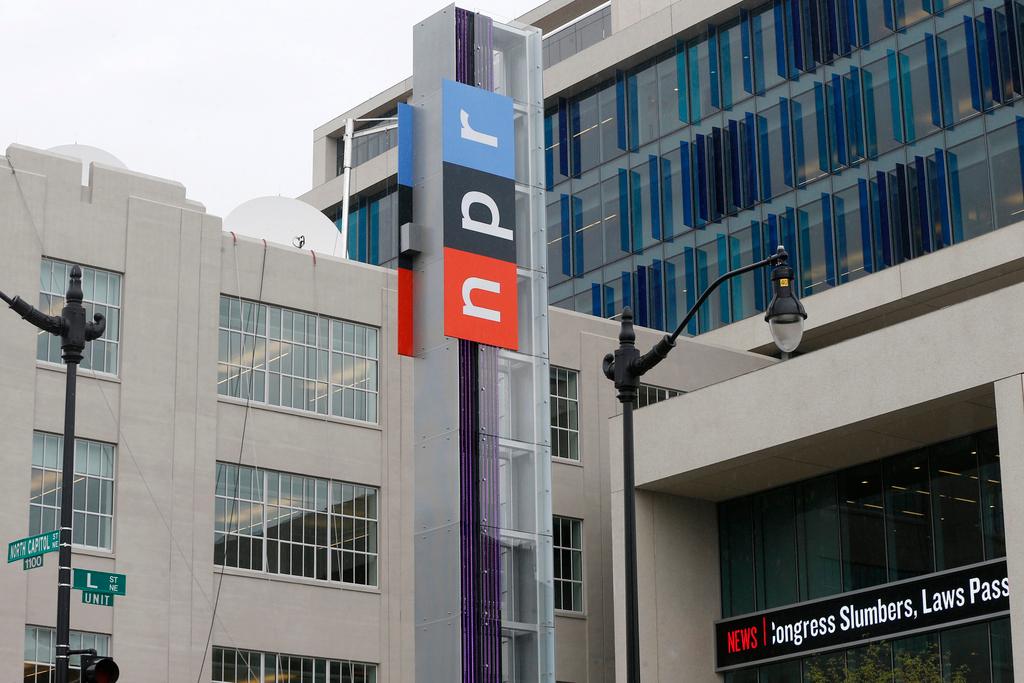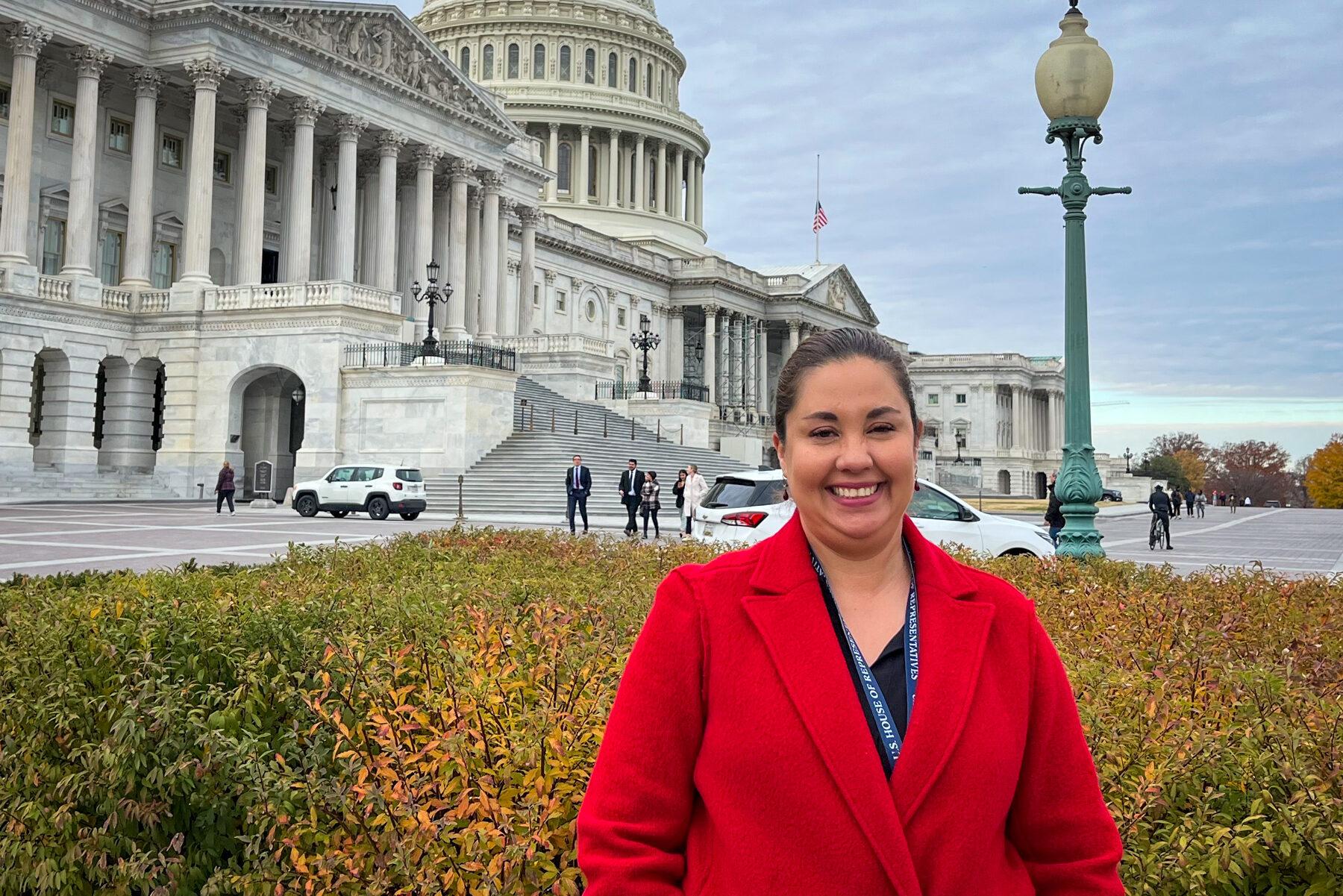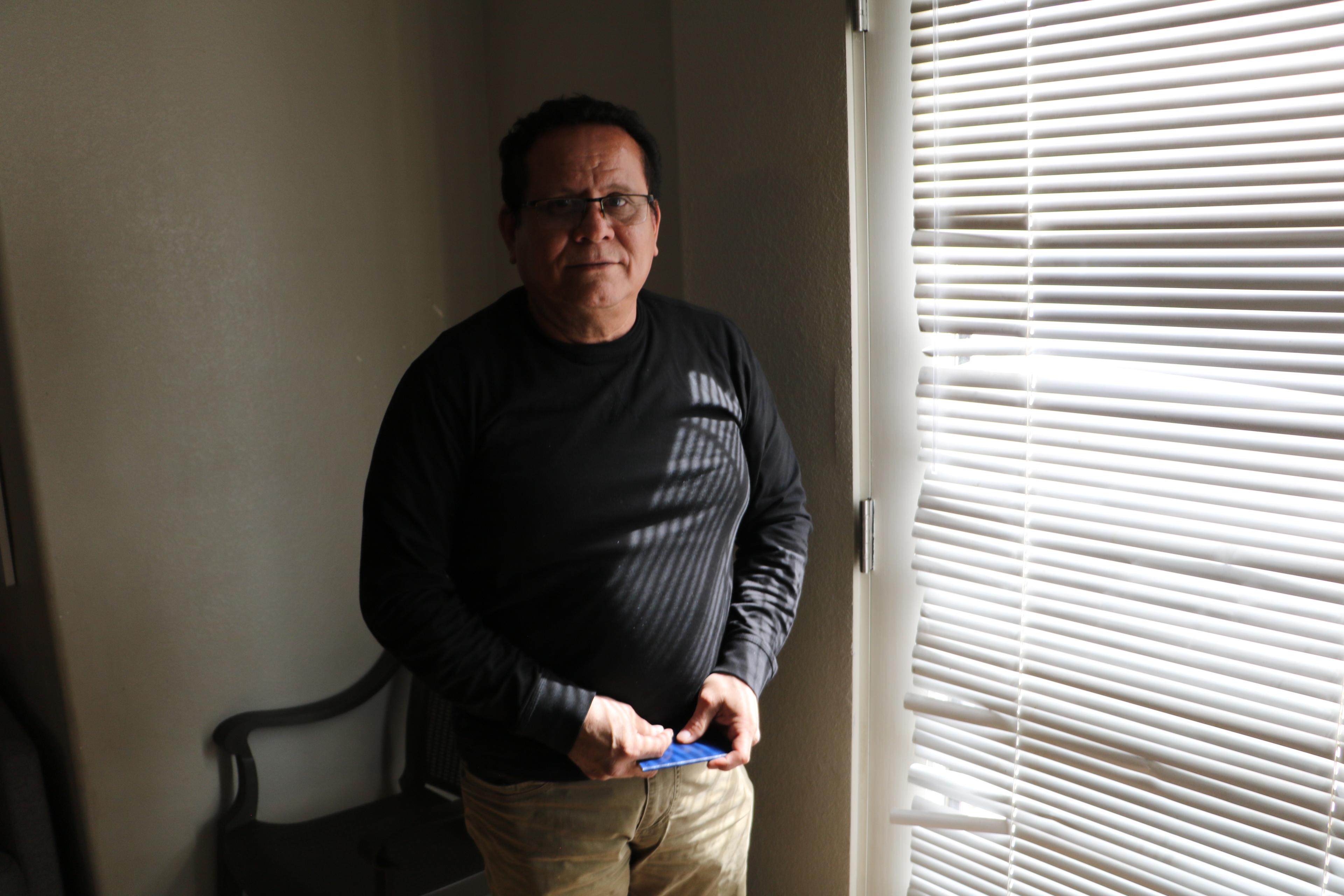
It seems like a question that comes up every time state budget cuts are in the news: With all the money Colorado collects from legal marijuana, why is it still struggling to fund schools and other priorities?
Marijuana is heavily taxed in Colorado. Retail stores pay a 15 percent excise tax on the wholesale product, and buyers chip in an additional 15 percent sales tax. In total, the industry sent $248 million to the state’s coffers in the last fiscal year.
That’s a lot in absolute dollars until you learn that last year’s state budget was around $40.5 billion. Do the math and marijuana taxes make up just 0.6 percent of the total.
For perspective, the $1.2 billion shortfall lawmakers have to close this year is nearly five times bigger than what the state brought in in marijuana taxes last fiscal year.
That said, cannabis taxes do pay for a lot of things though. In the last budget:
- 53 percent went into the Marijuana Cash Fund, basically, a giant bank account that lawmakers tap for dozens of programs on everything from mental health and substance abuse to affordable housing and court services
- 28 percent went to education and school construction
- 11 percent went into the General Fund, the state’s overall bank account for discretionary spending
- 8 percent was distributed to local governments.
Declining sales spell trouble for marijuana revenues
Far from fixing the state’s budget woes, cannabis revenues themselves are also in trouble. Tax collections from the industry peaked during the pandemic and since then have fallen more than 40 percent.

An issue brief from the state’s nonpartisan budget staff notes that Colorado isn’t the only state seeing a drop off in its marijuana industry. California, Washington and Arizona were also expected to experience declining revenues this year.
Analysts blame the decline in part on competition; the number of states with legal marijuana has grown rapidly in recent years. They also point to the rise in internet sales of intoxicating hemp, a “quasi-legal” product that exploits a loophole in the current Farm Bill and competes with legal cannabis.
With less money coming in, programs funded directly by marijuana taxes are feeling the pinch as much as the rest of the state budget. As the Colorado Sun reports, next year’s budget cuts will affect how much marijuana tax money will go to things like school construction and local governments. And lawmakers are getting ready to take a closer look at how that money is spent in general.









